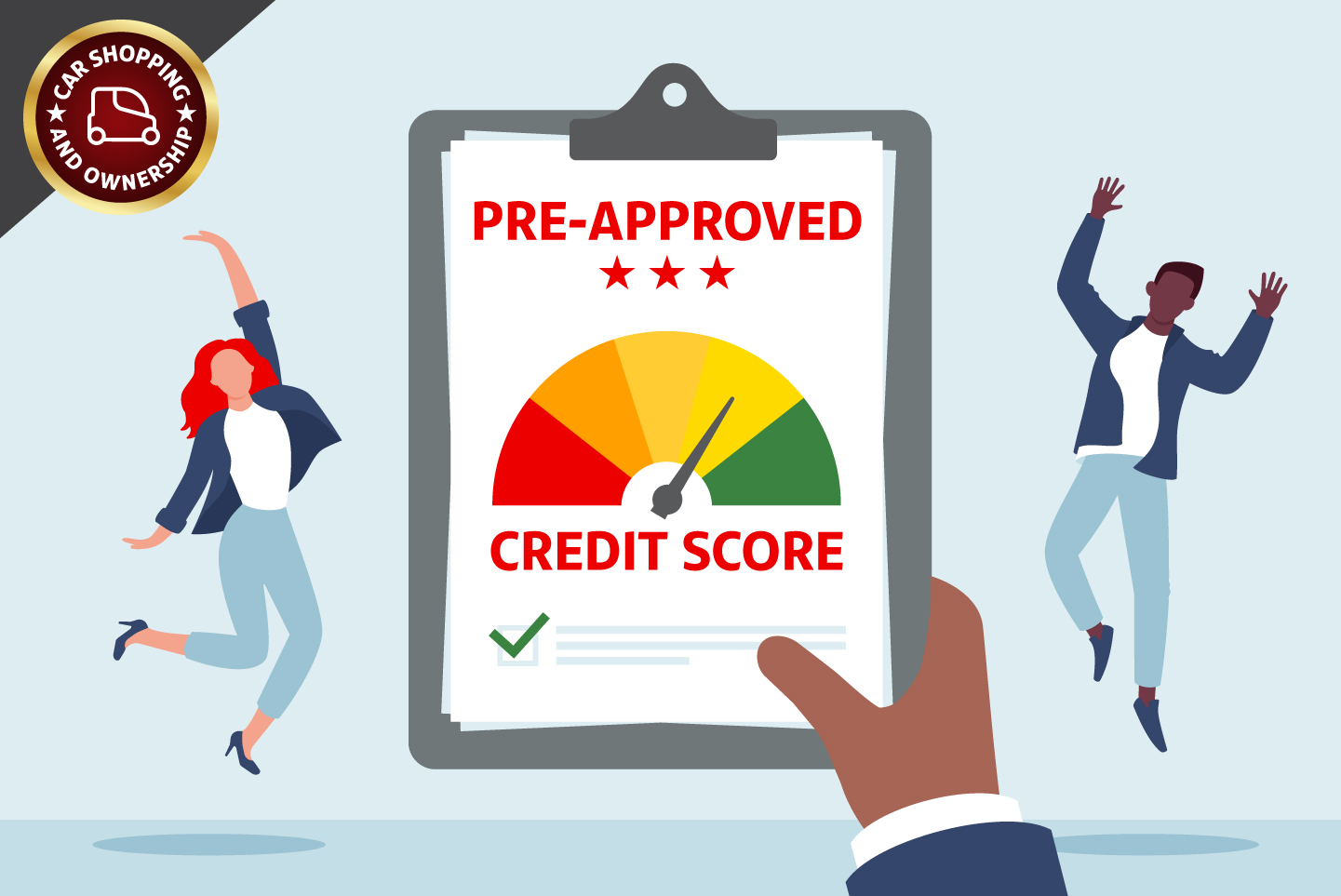
Have you ever reviewed your emails and wondered where all the “You’re preapproved!” messages are coming from? Me too.
More importantly, preapproved for what? And how? I haven’t applied for anything.
Receiving preapprovals, whether via email, regular mail or any other way, has become somewhat common. And the good news is, it doesn’t impact your credit score.
The bad news … well, there really isn’t any. A preapproval (or prequalification) is based on a soft credit pull.
A what? A soft credit pull – what’s that? Well, I’m glad you asked.
What is a credit pull?
Before we talk specifically about what a soft credit pull is, let’s define credit pulls in general.
A credit pull, also known as a credit inquiry or credit check, is when someone requests and receives information from one of the three major credit bureaus (Experian, Equifax and TransUnion). The requestor is usually a creditor or lender. But they could also be a landlord, potential employer, etc., with a legitimate reason for making the request.
The credit bureaus are required to track and record each time one of these requests happens. So, if you ask for a copy of your credit report from one (or all three) of the bureaus, you will see a section of your report listing both hard and soft credit inquiries.
What is a hard credit pull?
A hard credit pull occurs when you’ve applied for credit. The information is shared specifically for the purpose of getting a loan, credit card or other form of credit.
When someone makes a request for a hard credit inquiry, they must have a specific, legitimate business reason to do so. It’s also important to note, they must have your permission. This is usually in the form of a signed credit application.
It’s also important to note that a hard credit pull will impact your credit score. While the impact lessens over time, it can reduce your score as much as five points. For this reason, it’s a good idea to limit the number of hard credit pulls to just those that are necessary.
How does a soft credit pull differ?
A soft credit pull is informational in nature. For example, when you check your own credit reports with one or all three of the major credit bureaus (Experian, Equifax and TransUnion), a soft credit pull occurs. If you’ve signed up for a credit monitoring service, when they complete regular reviews of your credit, that’s also a soft inquiry.
Another way soft credit checks are used are to extend the preapproved offers we mentioned earlier. Businesses with a legitimate reason can request a soft credit pull without the credit owner’s permission.
Again, it’s important to note that there is no impact to your credit score. These requests are informational only. They are not intended to extend credit – only to make the offer of credit.
Can I get a loan or credit card with just a soft credit inquiry?
The short answer is no.
A soft credit pull is a great way to get a better understanding of how likely it is you will get approved, and for how much. If you choose to move forward with the offer, however, in most instances you will need to then complete and sign an application. This gives the business permission to request a hard credit pull and extend you credit.
Why bother with soft credit pulls?
If you are in the market for a vehicle, getting preapproved before you even start shopping can work to your advantage. Knowing how much you may be approved for can help you choose a vehicle that better suits your budget.
You may even be able to see a range of rates that you qualify for. This can help you figure out how a new vehicle might fit into your monthly budget without impacting your credit score.
The long and the short of it
It’s important to remember that soft credit checks don’t impact your credit score. And using them to do things like check your credit reports every 12 months is a good idea.
Soft credit pulls can also be beneficial when you need to apply for credit. Let a preapproval work for you, so you can budget and shop with confidence, and not impact to your credit score.
Please visit our Learning Center for more helpful information on other financial wellness topics.



